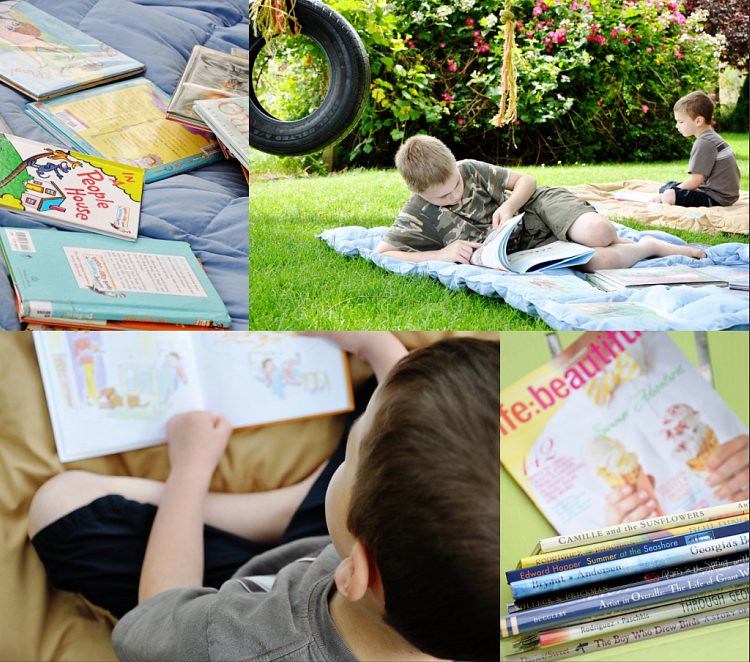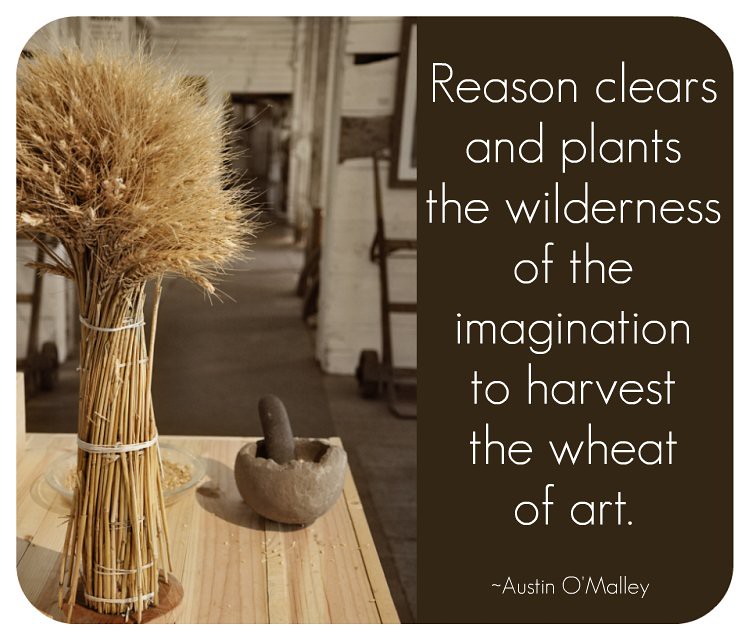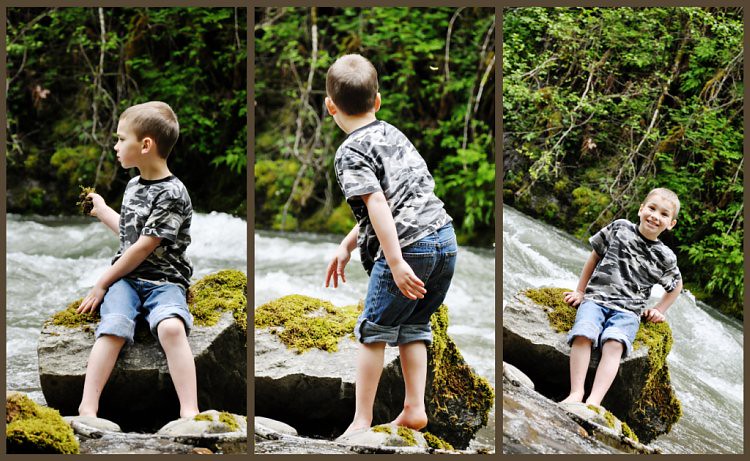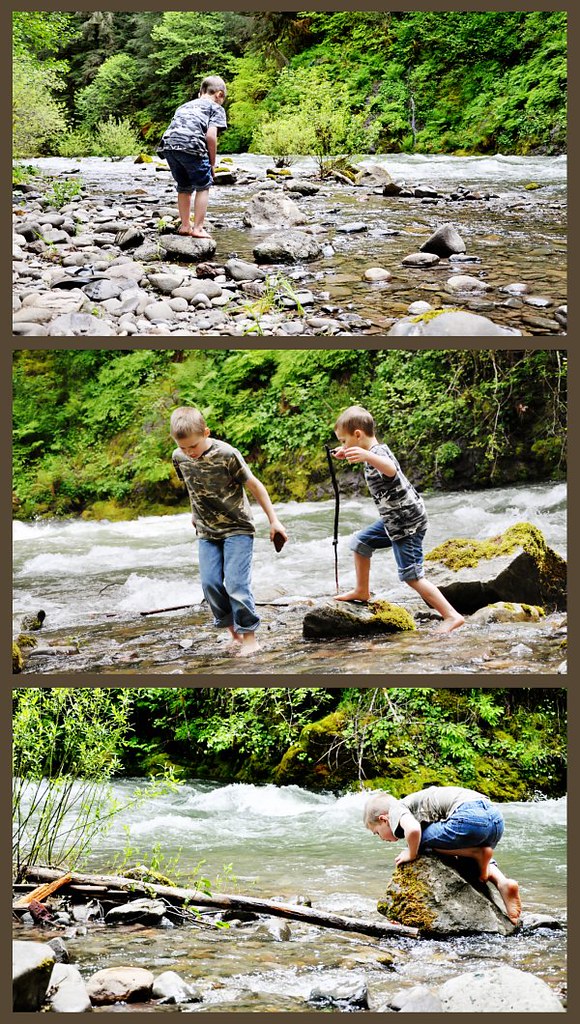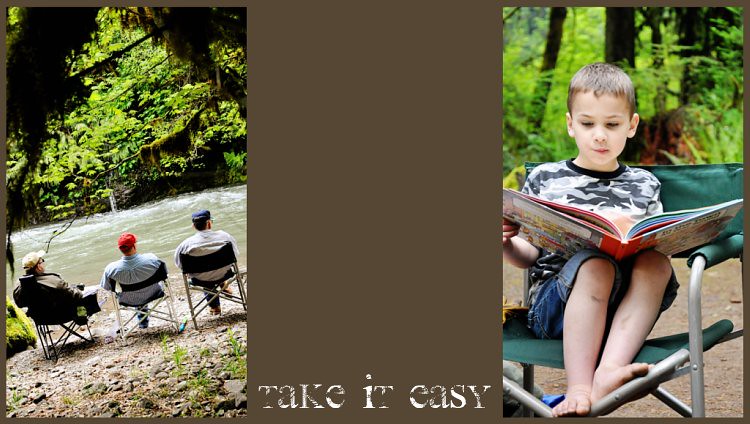
21. Twilight by Stephenie Meyer. (Borrowed from the library. Book club selection. 498 pages. 1 day. Yeah, I know.) WARNING: Long review with spoilers for the two people who haven't yet read this book.
Brilliant. The author delivers EXACTLY what the reader (of Twilight) wants. Any guesses? It isn't superb writing. It isn't a complex plot. It isn't witty dialogue. It isn't breathtaking descriptive passages. It isn't fascinating ideas to keep one thinking long after the book is closed.
The reader wants to BE the female lead in an emotionally intense romantic story. She wants to be HERSELF, in a common place, with an extraordinary experience. She wants to feel not just wanted, but obsessed over. Not just beautiful, but irresistible. Not just popular, but worthy. And she wants the chance to give herself over completely to the experience, no matter the cost, no matter the danger--yet be protected/saved by the person with whom she is risking everything. Yep. Stephenie Meyer delivers. Spectacularly, I might add.
When you enter Twilight, you don't have to live vicariously through the story of a beautiful woman in an exotic location. Nope. You get to be you--with all your insecurities, your low self-esteem, your empty life, your angst. You get to be Bella in the rainy Pacific Northwest. Your father and mother are like children. You have never been part of the in-crowd. You don't fit in. You're invisible. You're plain. You're physically awkward. You're the new girl in a depressing, ordinary place. You're writing the story in first person.
You don't have to wait long to feel a change in the atmosphere. (It's a good thing. We're at the fast food counter, here.) You're the new girl--suddenly mysterious, fascinating. The boys are lining up. But you aren't the typical (shallow, unimaginative) girl, of course. You don't want just any boy. You want THAT one: the mysterious, fascinating, exotic guy across the cafeteria, the rich one with the fancy sports car, the one who makes your hair stand on end. You want the one who can make an author spend an entire book convincing/reminding the reader how unnaturally god-like he is, and run out of original ways to say it on page 50 of a 500 page book. Let's not even get started on his eyes.
Just looks and a fancy sports car aren't enough for you. (Besides, it's his eyes that intoxicate you; who has time to notice anything else?) He can do EVERYTHING superbly. He's insanely smart. He drives at 125 miles an hour. He has super-human strength, speed, and reflexes. He plays the piano more brilliantly than Rachmaninoff. He has to play baseball in a thunderstorm because the crack of the bat sounds like lightning. He reads minds. (Except yours, of course. You are his kryptonite, which makes him irresistibly flustered and vulnerable only when he's with you.)
But, oh, wait! There's more! Not only is he the (supernaturally) best looking teenager in the school/world complete with supernatural talents, he has all the attraction of an older man and the charm of the early 1900s: he can dance, he is elegant, he has beautiful handwriting, he appreciates classical music and good books!
(I swear, this is almost as addicting as the Dr. Pepper I'm drinking to stay up late enough to finish this book in one day....)
So, we've established that he is the best looking, most talented, charming, teenager/older man, but we're not through. He's dangerous. Deadly so. He's the tormented bad boy (and that's an understatement). You get all the angst. The up and down roller coaster of moods. The obsession. The stalking. The smouldering emotional passion.
Ah, but even though you are 'the addict's personal brand of heroin,' he loves you. Not only loves you, but loves you supernaturally in a way he has never before experienced in his looooooong life. He will fight every urge to consume you physically, will summon up a supernatural self-control in order to save you, to protect you. So now he is the bad boy turned personal savior. Awesome.
Feeling faint in biology class? He'll carry you to the school nurse. Almost run over by a van? He'll stop the vehicle with his hands while shielding your body. Trapped by a gang of guys in a dark alley? His sports car will screech up at the last minute and he'll order you to get in (and take you out for dinner so that his jealous/protective instincts don't cause him to hunt the guys down and kill them).
He knows that he is bad for you, but he's between a rock and a hard place. You need him and he needs you. Life has no meaning apart from your love and desperate need to be together.
You make up your mind. No risk or cost is too great. You can't live without him, so you put your life in his hands, offering yourself to him. He summons that inhuman self-control, and your life is safe. Luckily, a single kiss (with a vampire) packs enough physical and emotional punch to make up for the absence of other things.
The danger intensifies. Now you are being hunted by the deadliest tracker on earth. It will take the efforts of seven supernatural beings to protect you, but you are worthy. You almost die as the hunter traps and savagely attacks the hunted (because you nobly offer your life in the place of another), but your personal avenging angel saves you at the very last moment in his most agonizing moment of self-denial.
Then everyone lives happily ever after... at the high school prom. (And only if you can resist reading the sneak peek of the sequel placed for your convenience at the end of the book.)
The best part? You may read this even if you are only ten years old because there is NO SEX. But your mother will enjoy it, too. Because, deep down, it just isn't about sex. It is about a deep, compelling, emotional hunger to be someone's EVERYTHING. To be desired. To be worthy. To dangerously offer every part of yourself...and be protected in return.
{Suddenly, unexpectedly, as I'm sitting here typing this review, it hits me with a knock-my-breath-away force. We were created with this desire, but on a staggeringly grander scale--with a more breathtaking culmination possible. The parallels are jumping out at me. Here's a PSA: God's got it all covered. I'd quote C. S. Lewis right here, but I think it would be sacrilegious to do so in a review of Twilight. Plus, I can't find the exact passage I'm looking for. ETA: Give these quotes a try.}
ETA: I am not endorsing this book. I am simply describing what it felt like to read it. And I am certainly not recommending that you let your ten-year-old daughter read it. (I apologize if my sarcastic tone didn't come across in the writing.) I think the theme I proposed could be much more insidious than any sexual situations, for young girls and their mothers alike, not to mention that this is, indeed, a book about vampires.
[On a MUCH LESS serious note, for those of you who missed this article when I linked it some time ago: What do you get when you mix vampires with the Amish and the End Times? The Ultimate Christian Novel. Am I the only one dying laughing?]
In the anticlimactic finale, we have the other three books I read this month:
20. The Core: Teaching Your Child the Foundations of Classical Education by Leigh A. Bortins (Purchased from Amazon. 215 pages. A week of reading.) Lengthy review can be found at this link.




